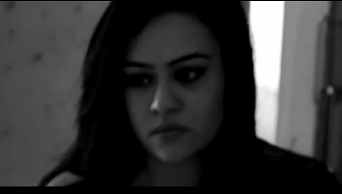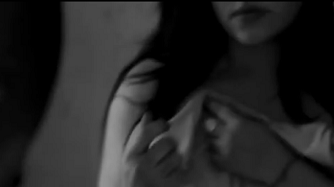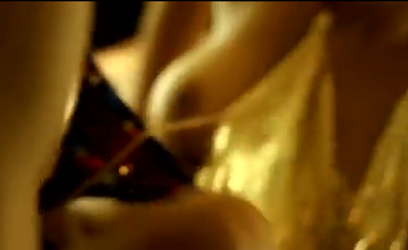Gandu (2010)
Contents[hide] |
Gandu (2010)
This page is under construction Expect more after Nov 2014
Note: The film Gandu was available on YouTube but now seems to have been taken off—perhaps for the same reasons that offended the Indian censors. European art cinema has evolved conventions on nudity and sex that Gandu went beyond. The film deserves to be released but with all those scenes deleted. Readers are requested not to post stills from Gandu that go beyond what is accepted internationally, and beyond what the Indian censors have allowed so far. If any photograph that offends readers over 18 finds its way to this page it may kindly be reported as a message to the Facebook page, Indpaedia.com.
|
The film
Gandu is a low- budget ‘art’ film in Bengali, much of it filmed in crisp, well photographed black and white. There is a lovemaking scene in colour. Its DVDs are not available legally in India and, from all accounts, it has not been screened commercially in India.
Q is the pseudonym of director Qaushik Mukherjee. (See Q (Kaushik Mukherjee))
Gandu is a North Indian word derived from the Hindi-Bengali term for derriere. Its nearest English equivalent is ‘asshole’ and it implies a male who receives anal sex.
It was the first Bengali film with full-frontal nudity and the second Indian film after Trishagni. Not since Mera Naam Joker has an actress clearly been seen fully naked from behind either. (Parampar was somewhat hazy. The director and photographer saw her naked; the audience had to guess.)
Audience reaction
Audience reaction to Gandu was not very different from that to India’s other famous cheesecake films (Chitkabrey, Rang Rasiya, Mr Singh…, Maya…): they were bored. Many viewers could reportedly not sit through Gandu at the Berlin International Film Festival. The film has also been shown at the South Asian International Film Festival in New York and at the Slamdance Film Festival in Park City, Utah.
Mukherjee is reported to have said that ‘70% of [the film had] to be about sex." Most audiences want some sex with a story around it—which Gandu has, and some viewers have even appreciated its narration.
Critical reaction
A film like Gandu (2010) came as “a slap on the face” of a wave of domestic dramas that were “stifling and didn’t show anything happening beyond well-furnished middle-class homes”, Moinak Biswas, professor at Jadavpur University’s film studies department says. “What was unconvincing and disturbing about Gandu (2010) was a very male and adolescent expression. I think Amitabh is much more contemplative—whatever one’s disagreements with his film, he has pushed it beyond explicitness and sensationalism into a zone of contemplation.”
Gandu, made in 2010, was never meant to be released. The experiment in extreme cinema that more people have heard of than seen was a break-out for Q and a breakaway from the realism and restraint usually found in commercial film-making. The mostly black and white movie, starring Anubrata Basu, Rii and Joyraj Bhattacharya, follows an angst-ridden young man’s journey towards self-fulfilment through highly stylized camerawork, choppy editing and interludes of profane Bengali rap. The protagonist’s claustrophobia, stemming from his sterile surroundings and his sense of emasculation, literally explodes in a no-holds-barred colour sequence of sexual intercourse, which has earned the film eternal notoriety.
For foreign eyes only?
"I want a theatrical release—I want to ask my society if I can show this, I will go to the censors, the courts, the works. It’s a big risk that only a fool can take. I am the grand fool." - Amitabh Chakraborty
Gandu, Nandini Ramnath writes, was never meant to be released (in India): and it was not. Because its budget was microscopic, what it earns in foreign territories (through the British sales and distribution agency, Jinga Films) more than recovers costs. Chakraborty also subsidises his “cheap [budgets of Rs.25-30 lakh] and dirty pictures about sexual, social or political extreme content that otherwise can’t be made” through films like Tasher Desh (based on Rabindranath Tagore’s play, and exhibited within India as well). He has two label Bangla Black, for offbeat films, and Overdose Films.

























